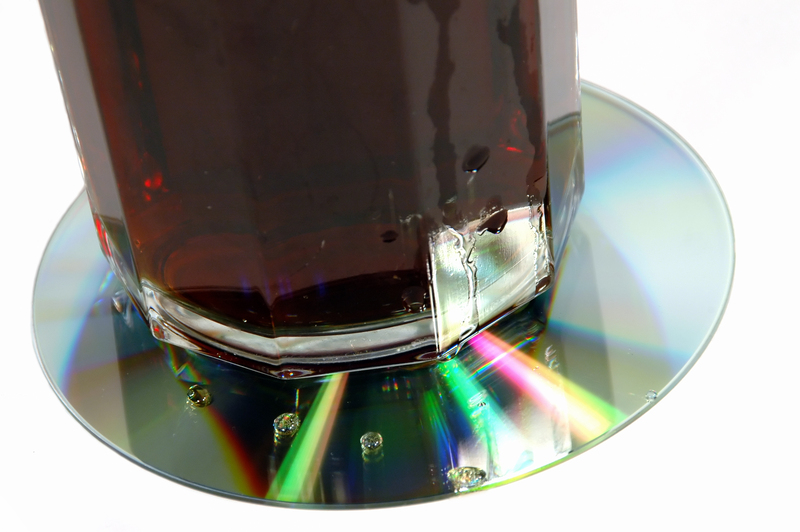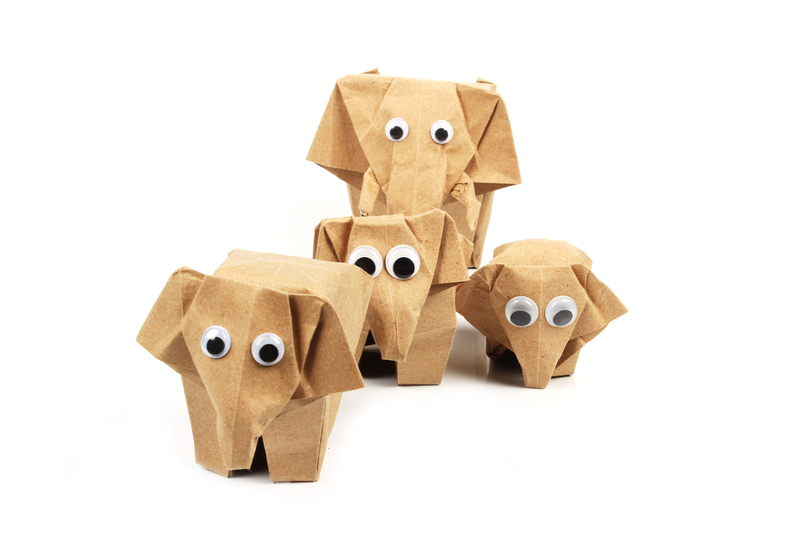Upgrade Your Home Recycling with These Smart Ideas
Embracing sustainable living is more than just a trend--it's a necessity in our rapidly changing world. Upgrading your home recycling game is one of the easiest and most effective ways families and individuals can contribute to environmental protection. With technology evolving and new eco-friendly hacks becoming available, there's never been a better time to refine your recycling strategies. Discover innovative, practical, and smart home recycling ideas that not only minimize your carbon footprint but also make the recycling process seamless and even fun!
Why Enhancing Your Home Recycling Is Important
Before diving into the best strategies for improving your home recycling system, it's worth understanding why these upgrades matter. Recycling reduces landfill waste, conserves natural resources, saves energy, and mitigates pollution. Yet, despite best intentions, household recycling efforts sometimes fall short due to lack of awareness, convenience, or organization.
- Only about 32% of waste is recycled in the U.S., leaving much room for improvement.
- Improper sorting leads to contamination, undermining good intentions.
- Modern technology can make recycling simpler and more efficient for everyone.
By upgrading your recycling system at home, you can boost the effectiveness of your efforts, reduce environmental impact, and inspire others in your community to do the same. Here's how you can get started.

Smart Solutions to Upgrade Your Home Recycling System
1. Set Up an Organized Recycling Station
Organization is the foundation of any successful home recycling program. If your recyclables are scattered around or thrown in random bins, you're more likely to face contamination and inconvenience.
- Designate a specific area in your kitchen, garage, or utility room just for recycling.
- Use clearly labeled bins for paper, plastics, glass, and metals--consider color-coding for easy identification.
- Opt for stackable or sliding bins to save floor space.
- Add a wash station nearby for rinsing containers before tossing them.
Tip: Use posters or charts (especially if you have kids!) to show what belongs in each bin and keep everyone on track.
2. Embrace Smart Recycling Technology
Thanks to recent advances, smart home recycling devices not only simplify the sorting process but also increase accuracy and engagement.
- App-Connected Recycling Bins: These intelligent bins can scan barcodes, tell you how to dispose of an item, and track your recycling habits.
- Automated Sorters: Home-friendly versions use sensors to automatically separate mixed recyclables.
- IoT (Internet of Things) Technology: Certain models alert you when bins are full or remind you to take them out on collection day.
Integrating smart technology into your recycling routine ensures fewer mistakes and makes responsible waste management almost effortless.
3. Educate Yourself (and Your Family) on What's Recyclable
Recycling rules vary across regions and materials. Stay informed and avoid "wish-cycling" (putting non-recyclables in recycling bins).
- Check your local municipality's recycling guidelines regularly.
- Use mobile apps like iRecycle or Recycle Coach for quick look-ups.
- Teach children and other family members about what can and can't be recycled at home.
Did you know? Pizza boxes (if greasy), certain plastics, and disposable coffee cups often aren't accepted in regular recycling streams.
4. Upcycle and Repurpose When Possible
Not everything needs to be tossed in a recycling bin. Many household items can be upcycled or creatively reused, extending their lifespan and reducing waste.
- Turn glass jars into storage, vases, or candle holders.
- Repurpose cardboard boxes into drawer dividers, playhouses for kids, or crafts.
- Use old T-shirts as cleaning rags instead of buying new ones.
- Teach your children about creative reuse through fun craft projects.
These practices complement your home recycling efforts by diverting even more waste from landfills and helping you save money.
5. Composting: The Organic Recycling Powerhouse
Food scraps and yard waste make up a sizable portion of household garbage. With a home compost bin or worm farm, you can transform organic waste into nutrient-rich soil for gardens or houseplants.
- Compost fruit and vegetable peels, coffee grounds, eggshells, and more.
- Start with a DIY bin, a tumbler, or a technological composter for quicker decomposition.
- Avoid composting meat, dairy, or oily foods--stick to plant-based scraps for best results.
Adding a compost station to your recycling set-up boosts your home's sustainability and reduces landfill methane emissions.
6. Reduce and Refuse to Enhance Your Home Recycling
The best waste is the waste you never create. Smart home recycling starts with reducing the amount you put in the bin.
- Buy in bulk to minimize packaging.
- Carry reusable bags, bottles, and containers when shopping.
- Opt out of unnecessary junk mail and packaging whenever possible.
- Switch to concentrated cleaning supplies in refillable bottles.
These eco-friendly decisions generate less waste for you to manage, making the whole process simpler and more sustainable.
7. Optimize Collection and Curbside Strategies
Once you've sorted and prepared your recyclables, make sure they are picked up efficiently and at the right time.
- Set reminders for collection days using calendar apps or smart home devices.
- Break down cardboard boxes to save space in your bins.
- Keep bins clean and sheltered to prevent pests and odors.
- Involve neighbors in shared collection points for infrequent items (like electronics or hazardous waste).
8. Recycle Beyond the Basics: Hard-to-Recycle Items
Not all recyclable materials are picked up curbside. Many communities have special drop-off points or programs for:
- Electronics (e-waste) like old phones, computers, and batteries.
- Plastic bags and packaging films--return these to retail stores that collect them.
- Light bulbs, ink cartridges, and appliances.
- Hazardous waste such as paints, chemicals, or expired medications--never dispose of these in regular trash or recycling!
Educate yourself about local options and share this information with your community to increase participation.
Creative and Fun Recycling Hacks for Home
For many, making recycling fun and visually appealing encourages greater participation. Try these hacks to boost involvement:
- Decorate recycling bins with bright paints or labels.
- Host family recycling challenges with rewards for the most creative upcycle.
- Turn recycling pickup days into mini family events to reinforce good habits.
- Share progress on reducing waste with friends and neighbors; accountability makes a difference!
Getting kids involved early fosters lifelong sustainability habits and helps them understand the importance of recycling at home.

The Future of Smart Home Recycling
The most innovative homes are adopting comprehensive "zero-waste" mindsets, integrating recycling with composting, reducing, and reusing to make serial waste a thing of the past. Expect to see:
- Advanced AI-powered home recycling hubs that scan and sort waste automatically.
- Widespread use of connected apps that gamify and reward eco-friendly habits.
- More municipalities supporting residential compost collection and hard-to-recycle depot days.
- Household appliances made with easier-to-recycle or biodegradable materials.
Staying on top of trends and being proactive about waste management helps you, your family, and the planet. The sooner you start, the greater the benefits for all.
Conclusion: Start Upgrading Your Home Recycling Today!
Whether you're a beginner or seasoned green enthusiast, there's always room to improve your home recycling. By organizing smarter, embracing new technologies, educating yourself, and adding a dash of creativity, you'll significantly boost your positive environmental impact.
- Set up a dedicated recycling station in your home for maximum efficiency and convenience.
- Integrate smart recycling gadgets and apps for effortless sorting and tracking.
- Upcycle and compost to further reduce your waste stream.
- Stay informed about what your local facilities accept and adapt as recycling standards evolve.
With these smart ideas for home recycling upgrades, you can transition from good intentions to lasting, meaningful action. Start today, and inspire those around you to join the movement towards a cleaner, greener home and planet.